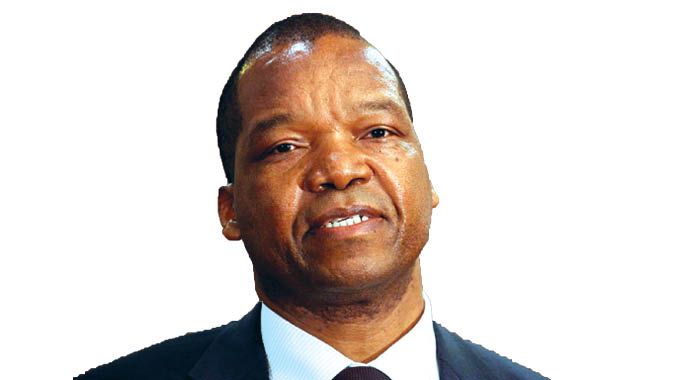RBZ acts on foreign exchange rate manipulators

Mashudu Netsianda, Senior Reporter
THE Reserve Bank of Zimbabwe (RBZ) has started acting on foreign exchange rate manipulators and has since frozen a bank account belonging to an entity identified as China Nanchang being the first casualty.
China Nanchang has reportedly been using its bank account to inject millions of dollars into the parallel market in the last few days.
In a statement yesterday, RBZ Governor Dr John Mangudya said the move to freeze the China Nanchang’s back account was necessitated by the need to clamp down on foreign exchange rate manipulators engaging in activities that have exerted pressure on the exchange rate in the last few days.
“Earlier today, the Reserve Bank of Zimbabwe issued a statement raising its concern on the illegal activities of foreign exchange rate manipulators who have been engaging in activities that have exerted pressure on the exchange rate in the last few days,” he said
Dr Mangudya said RBZ, through its Financial Intelligence Unit, which deals with money-related crimes, has intensified investigations.
“The bank (RBZ) escalated the matter to the Financial Intelligence Unit (FIU) for investigation and the FIU has so far identified one entity (China Nanchang), which has used its bank account to inject millions of dollars into the parallel market in the last few days,” he said.
“The FIU has ordered the freezing of the identified account pending further analysis and is undertaking ongoing surveillance to identify more culprits involved in the parallel market transactions, particularly on the Ecocash platform.”
Dr Mangudya said the central bank remains focused on its mandate to ensure market stability.
“To this end, RBZ will work closely with the FIU to identify and take appropriate action, in terms of the law, against any culprits involved in illicit foreign currency activities and manipulation of the foreign exchange rates,” he said.
Last year, the RBZ’s FIU froze Sakunda Holdings, Spartan Security and Croco Motors’ accounts on suspicion they were behind the sky-rocketing parallel market rates.
RBZ said the bank accounts held idle funds that were being used to speculate on currency.
The frozen accounts held about $1 billion paid from Treasury Bill maturities and the money was being used to buy foreign currency on the market in a manner that caused exchange rate instability.
The speculative currency buying, which was rife on both formal and informal markets inadvertently drove the domestic currency exchange rate run and exerted pressure on prices as well as inflation. — @mashnets.










Comments